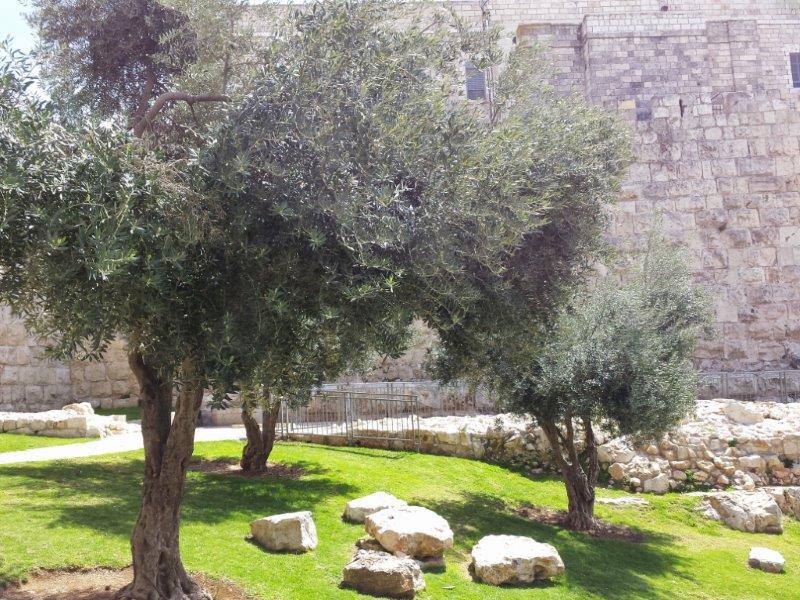
As described above, there is a large power differential between the Jews and the Palestinians and in intergroup encounters Jews are usually perceived as dominant. Difficulties in solving conflict were related to a combination of unfavorable attitudes, oppressive behavior and an institutional context that provides Israeli Jews with more rights than Israeli Arabs and Palestinians (Darweish, 2010). Nevertheless, one study on power relations found that Palestinians did assert minority influence on the dialogue (Maoz, 2000a). Another study of students found that “although social relations between Arab students and Jewish students are very limited, the readiness of Arab students for professional and social relations with Jewish students is greater than the perceived readiness of Jewish students for social relations with Arab students” (Diab & Mi’ari, 2007, p. 427). Even if there is a willingness to communicate, like in large group encounters at conferences, it remains highly difficult for both sides to listen to and understand one another (Weinberg & Weishut, 2011). There is one autobiographical study describing the friendship between a Palestinian Muslim woman and an Israeli Jewish man, which started at such a conference. It successfully attempted to reconcile individual friendship with the Israeli-Palestinian conflict, and suggested that “friendships can have a practical application in changing social and political structures in an effort to resolve the underlying conflict” (Joubran & Schwartz, 2007, p. 340).








